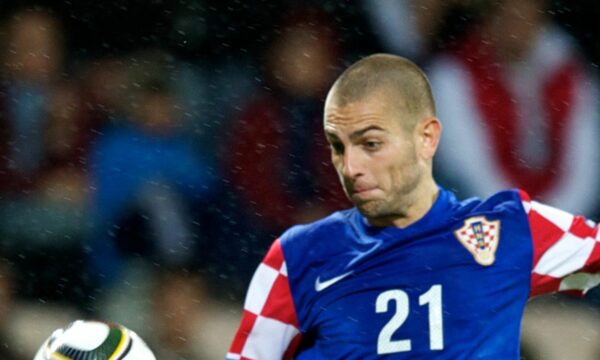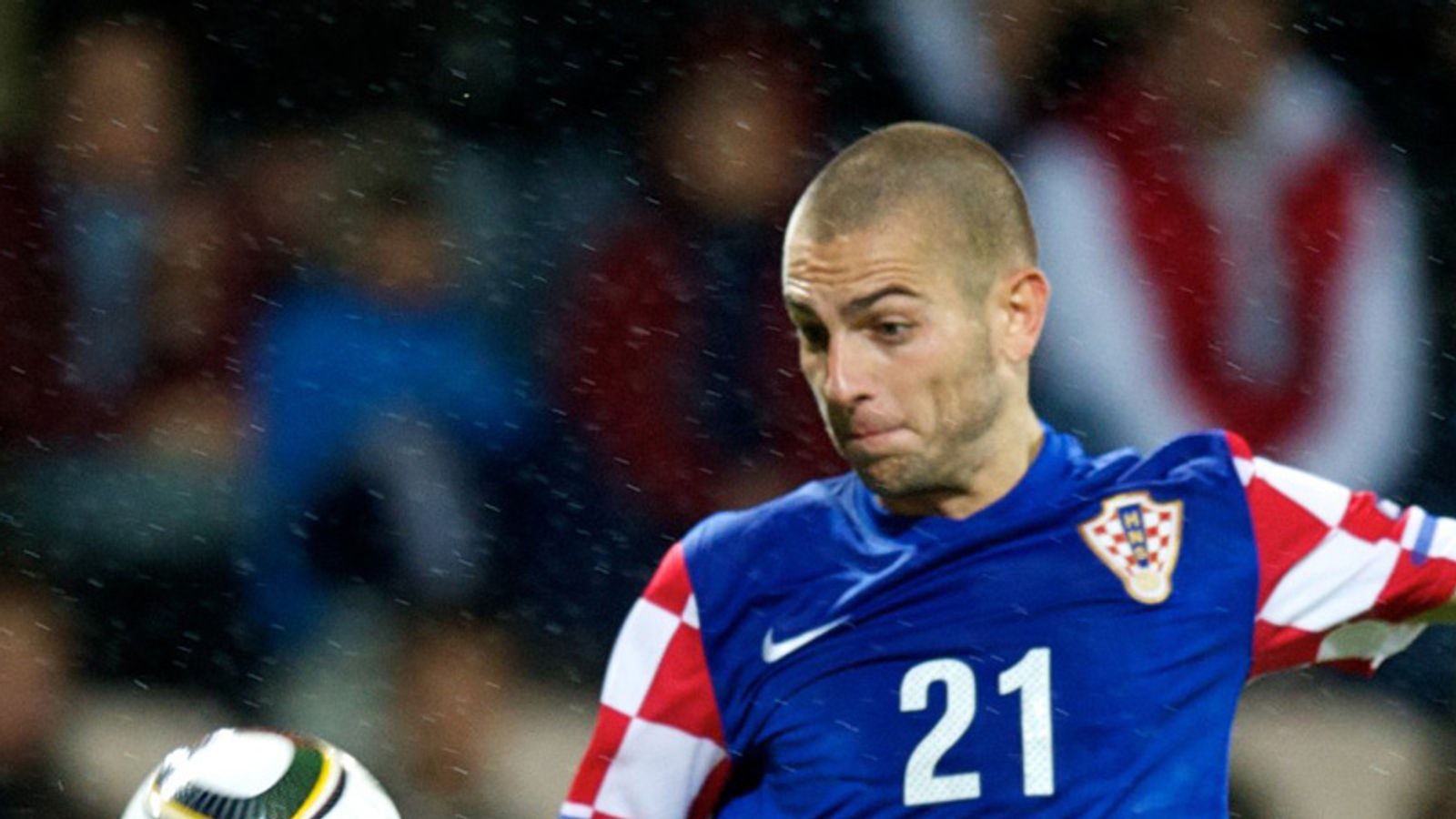The footballer who left Switzerland for Croatia ‘defends’ Leon Avdullah

Late Monday evening, the president of the Kosovo Federation, Agim Ademi, announced on Instagram that Leon Avdullahu had informed him that he wants to play for the Kosovo national team.
“He has shown that Kosovo remains a choice of the heart and that identity and origin will not be denied,” Ademi wrote.
The news was confirmed by the Swiss national team director, Pierluigi Tami, in a statement on Tuesday morning: “Leoni has informed us of his decision. We are disappointed that he now wants to follow a different path. But I also want to make it clear that we only want those players in our national teams who identify one hundred percent with our country and our national team.”
The federation had been trying to recruit the former Basel player, who has represented Switzerland at the U15 to U21 levels, and also wanted to call him up for the upcoming World Cup qualifiers. He could now make his debut for Kosovo on September 5 against Switzerland.
For the Swiss national team, this is the second loss of a major talent in as few days. Last week, defender Eman Kospo, who is under contract with Fiorentina, announced his intention to play for Bosnia and Herzegovina in the future.
Such decisions to switch nationality are not new in Switzerland. Before Avdullah and Kospo, for example, Ivan Rakitic, Amir Abrashi and Mladen Petric decided to play for their parents’ country of origin.
“There may be a different reason for each player. On the one hand, there are players who change because they see better prospects for playing,” Petric says in an interview with “blue Sport”.
“There are also players who see more opportunities to have greater success with the national team,” continues the former Croatian international with 45 caps. “If one national team is significantly better than the other, they have more chances to participate in a major tournament.”
For the 44-year-old himself, this was also one of the reasons why he ultimately chose Croatia. Back then, the chances of participating in a major tournament were greater.
Another reason could be family influence and pride in one’s country of origin – but that doesn’t necessarily have to be the case for Petric. “The player himself can feel the desire to play for his country.”
In the end, the decision is up to the player and doesn’t have to be understandable to the public. “It’s his decision and he has to live with it. There could be so many different reasons that we don’t know. Of course it’s a loss for Swiss football, but again, it’s his decision.”/Express newspaper/

